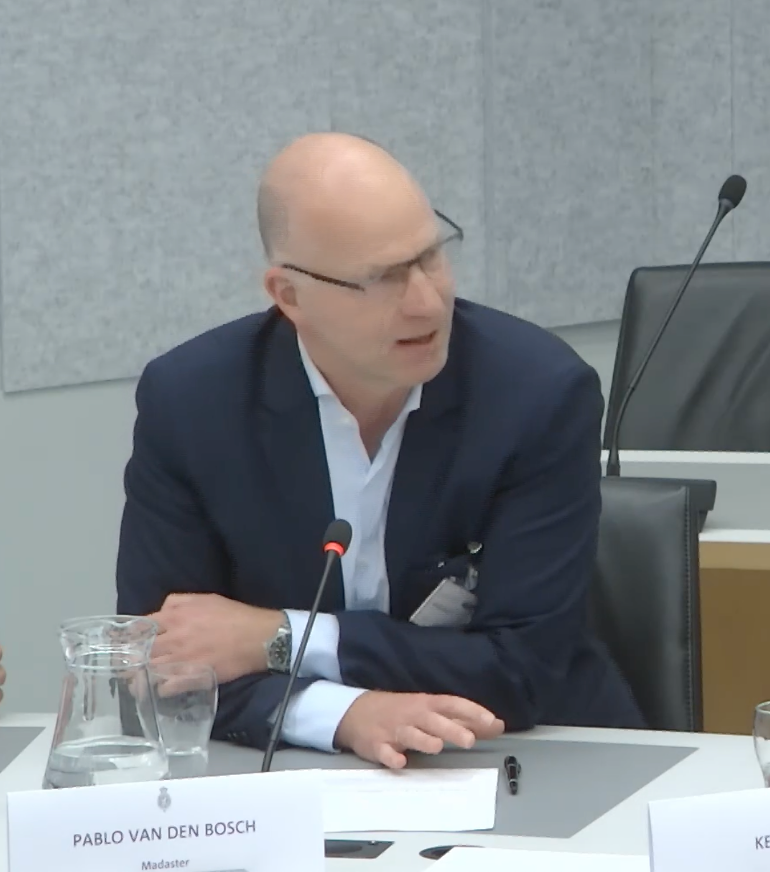How the HOUSEFUL project contributes to the definition of a new Circular economy paradigm in the building sector
In order to reduce the impact of human activities on the environment and fight against climate change, it is necessary to take priority action on buildings, which are responsible for 40% of global greenhouse gas emissions, as well as total energy consumption (source: 2020 Global Status Report for Buildings and Constructions, United Nation Environment Programme 2020).
The European Union understands that in order to reduce greenhouse gas emissions by 55% by 2030, as proposed by the European Commission in the “Fit for 55” program, it must reduce greenhouse gas emissions from buildings by 60%, their energy consumption by 14% and the energy consumption for heating and cooling by 18%.
In Europe, in fact, between 10 and 15% of building materials become waste during the construction phase, compared to 54% of garbage produced during demolition. In addition, it has been estimated that, on average, between 20 and 40% of the energy consumed by a building can be saved; each person produces on average 173 kg of food waste and family water consumption ranges from 80 to 150 liters per day (source: International Energy Agency – IEA, 2020).
It is therefore essential to apply the principles of circular economy also to the building sector, in order to achieve those carbon neutrality objectives that Europe, first through the “Green New Deal” investment and policy reform plan, and then with the “Renovation Wave for Europe” program, intends to reach in the next years.
In this context, the EU funded HOUSEFUL project, made up of a consortium of 15 partners, since 2018 intends to offer its contribution to the alarming scenario outlined by the aforementioned data.
Based on a system of 11 innovative solutions, the HOUSEFUL project intends to propose a new paradigm of economy in the construction sector, based on the circular and efficient management of not only water, waste and energy, but also of all the materials used during the life cycle of the buildings.
The approach proposed by HOUSEFUL is being developed on a large scale in 4 residential buildings located in Austria and Spain; the results achieved will then be replicated in other buildings in order to maximize the impact of the solutions adopted.
The project solutions will be evaluated from an environmental (Life Cycle Assessment), economic (Life Cycle Cost) and social (Social Assessment) point of view.
The expected impacts of the interventions envisaged in the 4 Demo Buildings during the project are:
- reduction in the use of resources (materials, energy and water) in the housing sector;
- reduction of waste destined for landfills (from the current 40% to 10% in 10 years);
- recovery of more than 95% of food waste at home;
- recycling of more than 90% of rainwater, gray water and black water for the production of waste water and biogas;
- production of high quality biogas and efficient exploitation of it as heat and / or renewable energy at home;
- production of high quality compost from digestate;
- up to 50% reduction in the non-renewable primary energy consumption of buildings;
- up to 60% reduction in CO2 emissions.
After three years from the beginning of the project, and despite the pandemic, the HOUSEFUL project has achieved the first results.
First of all, over the past months the HOUSEFUL Consortium has striven to develop an interactive SaaS platform for Circular services, which will offer two features: a tool to quantify the circularity level of residential buildings and an interactive sharing platform to encourage housing sector stakeholders to co-create circular economy business opportunities (CEBOs). This solution will be applied showing those service demonstrated in the four HOUSEFUL Demo Buildings as reference for the new CEBOs.
Secondly, in the community based eco – village Cambium (Austria), one of the HOUSEFUL Demo Buildings, two new technologies can now be installed as part of the HOUSEFUL project: vertECO, an innovative water reuse system developed by the HOUSEFUL partner alchemia-nova, and the Homebiogas system, which turns kitchen waste into cooking gas and fertilizer (click here for further information).
In Bloc dels Mestres Demo Building, instead, last summer a cork board insulation known as ETICS was installed manually. The ETICS covers the existing envelope of the building and aims to stabilize the interior temperature. According to an analysis of HOUSEFUL partner iTEC, the manufacture of cork insulation boards consumes 75% less primary energy and reduces by 90% the global warming indicator value compared to the conventional petroleum derivative solution (click here to read the news release).
During the next months the implementation of HOUSEFUL solutions in Demo buildings will continue. At the same time, will be identified and involved Building owners, service providers and other stakeholders from housing value chain who want to adopt specific HOUSEFUL services for the replication of project results.
So, there are many challenges, both strategic and actionable, that await HOUSEFUL in the near future, but all the Consortium partners, who strongly believe in a green, sustainable and resilient Europe, will continue to work with constancy and passion so that the HOUSEFUL project can really make its contribution to a climate – neutral society.



